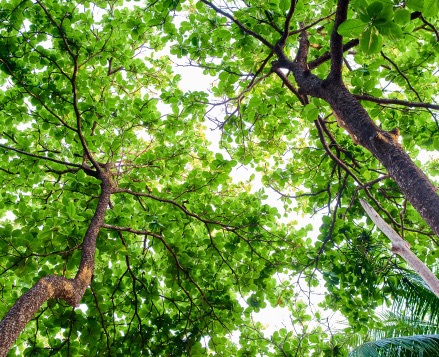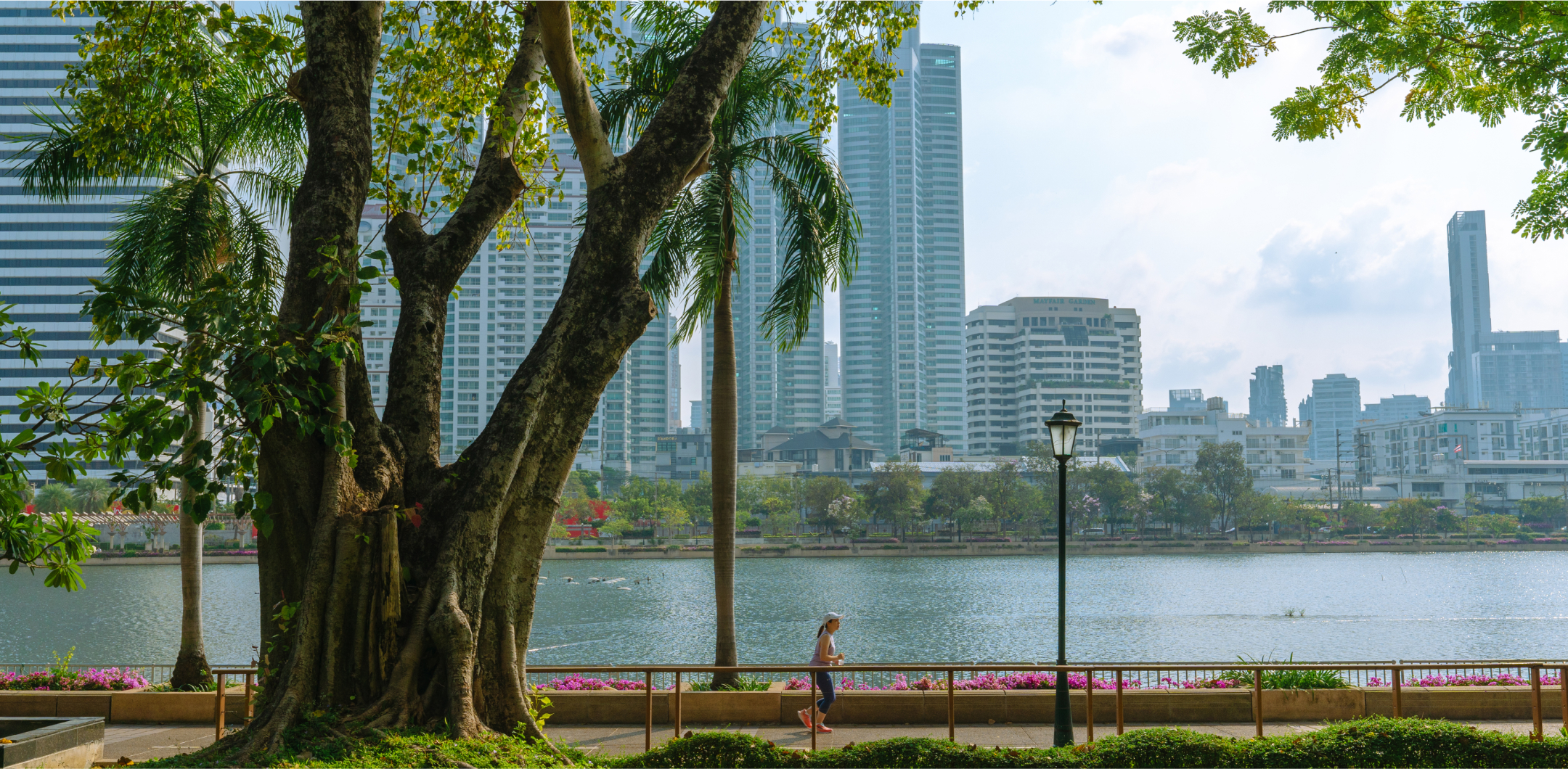Source of the project
Bangkok was one of the largest cities with high greenhouse gas emissions in 2018. Bangkok emits 43.71 million tons of carbon dioxide. The BMA Net Zero policy aims to solve this problem by starting from within the Bangkok Metropolitan Administration.
Climate change issues.
More damage
16.85 trillion baht
Bangkok will suffer damages of more than 16.85 trillion baht from the flood disaster.
Monitoring
Tap water levels are decreasing
Rising sea levels will reduce the quality of tap water.
Average temperature
Up to 36°C
The heat wave will bring average temperatures up to 36°C. Currently, the average temperature is 28-30°C (Meteorological Department).
Operational guidelines
The main guidelines of the BMA Net Zero policy consist of 3 main points:
- Calculate: Calculate the amount of greenhouse gases released by Bangkok
- Reduce: Reduce greenhouse gas emissions from Bangkok's activities
- Offset: Offset remaining greenhouse gases

BMA tells the project in easy to understand in just 3 minutes.
Progress

1. Calculate
- Average greenhouse gas emissions for 2018 - 2022 (base year) are: 240,000 tCO2e
-
Carbon footprint of 3 pilot district offices in 2023:
- Bang Khun Thian District: 68,549 tCO2e
- Din Daeng District: 47,609 tCO2e
- Prawet District: 34,300 tCO2e

2. Reduction
- City to City Project Cooperation between Bangkok and Yokohama City, Japan aims to reduce greenhouse gases 1 million tCO2e In 2024
-
Install solar panels:
- Reduce greenhouse gases 24,000 tCO2e In 25 years
- 9 hospitals under the Bangkok Metropolitan Administration: reduce greenhouse gases 4,600 tCO2e
- Change LED bulbsBangkok City Hall Din Daeng: Reduce greenhouse gases 312 tCO2e

3. Offset
- Plant 1 million trees: Currently, 252,263 trees have been planted (February 2024). If they are fully grown, they will be able to absorb greenhouse gases. 6,000 tCO2e
- Explore tree data
- Accepting carbon credit donations from the private sector






